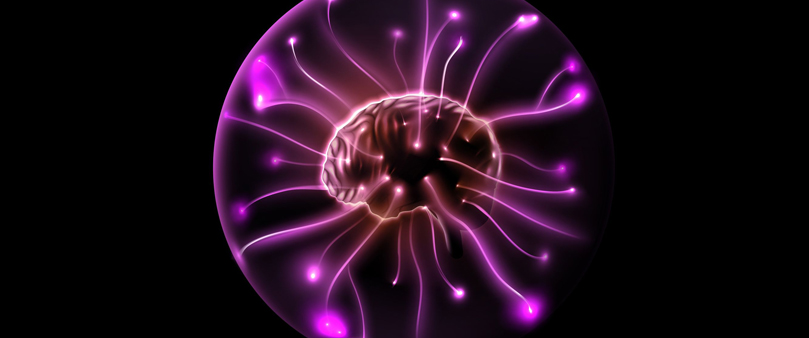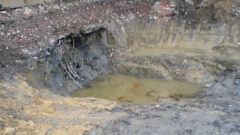
Space travel and its affects to the human brain
A small study of Russian astronauts has revealed that going into space could cause long-lasting swelling in the brain. Scientists found that the change persisted for more than six months after the astronauts returned to Earth, and have speculated it’s attributable to the reduction in gravity.
On Earth, gravity pulls your bodily fluids down towards your feet. But in space, without gravity to pull them down, they start to flow upwards – something which we are not designed to accommodate. NASA estimated that during astronaut Scott Kelly’s 340 days in space, two litres of fluid travelled from his legs to his head. According to Angelique Van Ombergen, a postdoctoral research fellow and part of the study team at the University of Antwerp, it’s why they sometimes appear to have puffy faces.
The effects of space
Van Ombergen and her colleagues scanned the astronauts’ brains before and after they went into space, looking at the volume of their ventricles – chambers which hold cerebrospinal fluid, which surrounds and protects the brain and the spinal cord.
They found that when the astronauts returned home, the volume of the ventricles had increased by an average of more than 11 per cent to accommodate the extra fluid flowing into their heads. Yet seven months later, the ventricles were still more than 6 per cent bigger than before they went into space.
It’s been known for a long time that going into space can cause vision problems for astronauts, but this, along with other possible health risks associated with going into space, is still poorly understood. In 2012, researchers at the Texas Medical School in Houston carried out MRI scans on 27 NASA astronauts after they spent an average of 108 days in space and found that 13 had changes in the eye, including bulging of the optic nerve and flattening of the eyeball.
However, the Antwerp team found only a weak apparent correlation between ventricle volume and loss of visual acuity. The astronauts were also all men, and all in space for about six months, so the scientists weren’t able to see if the length of time spent in space made the changes more pronounced, or if women were affected differently.
Implications for longer missions
If the changes do get worse over time, that could mean significant difficulties with longer missions. Microgravity is also known to weaken muscles and bones – and in 2017, the US National Academies of Sciences, Engineering and Medicine expressed concerns about the mental and physical effects of isolation, confinement and radiation (which is much higher in space) on astronauts, saying they could be so severe that missions had to be abandoned. Last year, NASA was reported to be exploring how collecting genetic data on astronauts might help it understand and mitigate health risks.
If your work involves scientific or astronomic research, you could be eligible for a tax rebate through the government’s research and development tax credit scheme, designed to support innovation. At R&D Tax Solutions, we specialise in helping companies make successful R&D tax claims. Have a look at our r&d tax credits calculator to see how much you could be eligible for – and call us on 0161 298 1010 to see how we can help.





